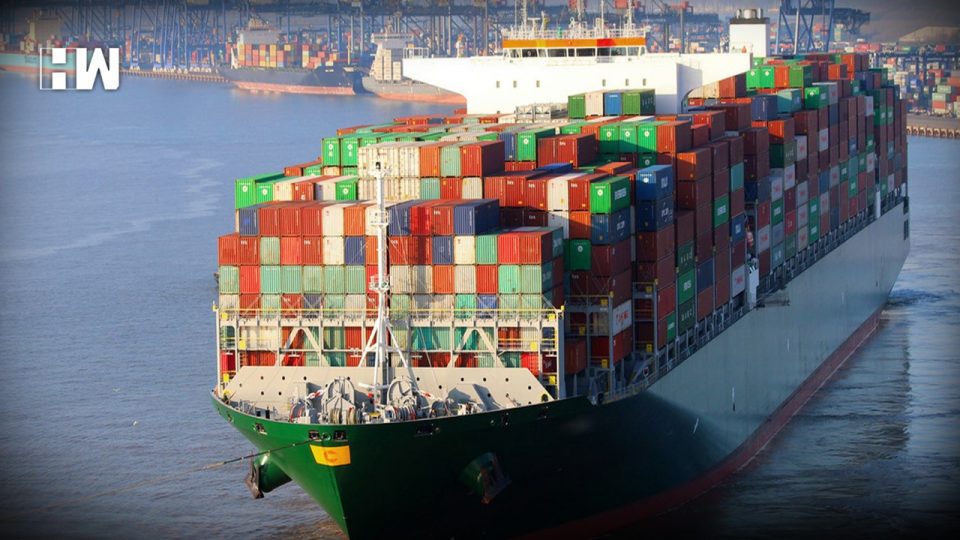Asia and the Pacific is expected to perform relatively less badly than the rest of the world, the United Nations development arm in the region said on Tuesday.
Despite a sharp fall in global trade in 2020 due to the coronavirus pandemic and lingering trade tensions, Asia and the Pacific is expected to perform relatively less badly than the rest of the world, the United Nations development arm in the region said on Tuesday.
Worldwide trade is expected to fall by 14.5 per cent in 2020 and following that trend, trade in the region could contract by around 1.9 per cent, estimates from the UN Economic and Social Commission for Asia and the Pacific (ESCAP) suggest.
The rest of the world, however, fared worse, and as a result, the region’s share in global merchandise export and import is expected to rise to an all-time high in 2020, to 41.8 per cent and 38.2 per cent respectively, up from 39.9 per cent and 36.9 per cent a year earlier.
Resilience is key
The UN body also cautioned that the path towards a full trade recovery remains “highly uncertain”, with unfavourable macroeconomic conditions in many economies along with high unemployment, debt and deflation, and underlying structural challenges impeding a fast rebound.
Smaller economies face additional obstacles due to the pandemic’s impact on travel and tourism, and remittances.
According to Armida Salsiah Alisjahbana, Executive Secretary of ESCAP, COVID-19’s “devastating effect” on both developed and developing economies also risks pushing millions back into poverty.
“I urge countries in the region to work towards developing a better set of trade rules that are resilient in times of crisis and stimulate sustainable economic recovery for inclusive and greener economies.”
Investments also hit
Alongside trade, foreign direct investment (FDI) also suffered an “immediate and significant” impact, due to the global crisis.
“While data is still being collected on all forms of FDI, quarterly figures from announced ‘greenfield’ investments clearly demonstrate how hard the region has been hit,” ESCAP said, referring to investments into projects starting from scratch.
In the first three quarters of 2020, “greenfield” FDI dropped by 40 per cent compared to the same period in 2019, depressed primarily by the impact of lockdowns resulting in delayed and canceled projects.
ESCAP added that FDI is expected to remain below pre-crisis levels throughout 2021, with the future outlook “highly uncertain” and dependent on the duration of the crisis, the effectiveness of policies to stimulate investments, and recovery from socio-economic effects of the pandemic.
The trade updates are an annual ESCAP publication to support countries develop short-to-medium term plans to respond to emerging risks and uncertainties in the global and regional economies.
Established in 1947, ESCAP is the largest of the UN’s five regional commissions – both in terms of geographic coverage and population served – its membership spans from the Pacific island nation of Kiribati in the east, to Turkey in the west, and Russia in the north, to New Zealand in the south.
As an independent media platform, we do not take advertisements from governments and corporate houses. It is you, our readers, who have supported us on our journey to do honest and unbiased journalism. Please contribute, so that we can continue to do the same in future.

